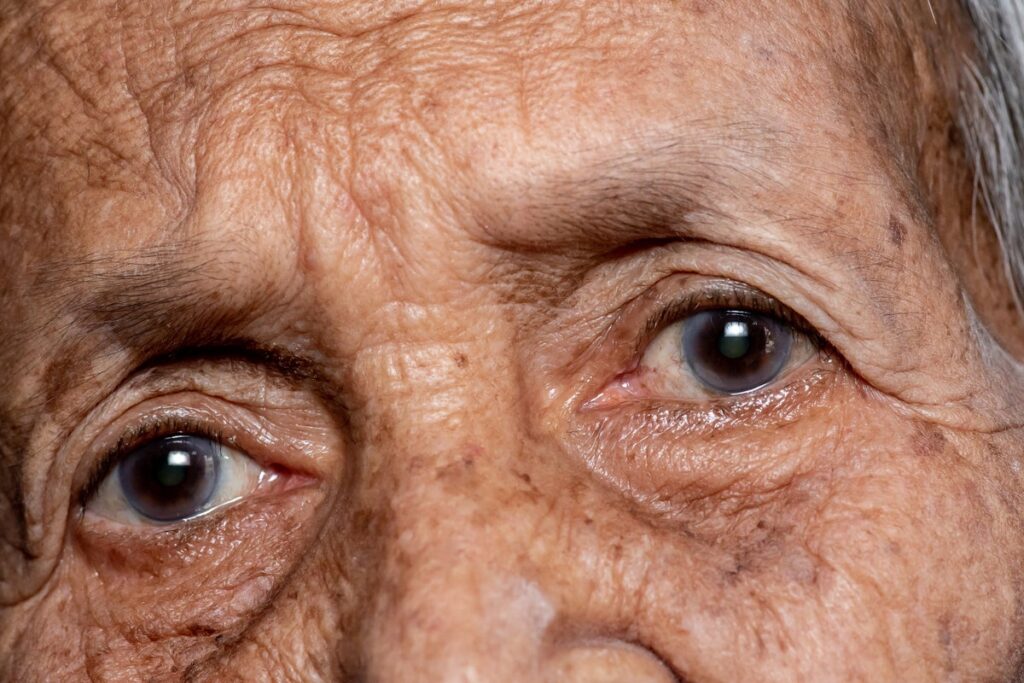Aging Rates Vary by Country. Politics Might Be Why
Social inequality and the decay of democratic institutions are linked to accelerated aging, but education seems to slow the process
Social inequality and weak democratic institutions are linked to faster ageing, as are other environmental features such as high levels of air pollution, finds a study spanning four continents. Education was one of the top factors that protected against faster ageing.
The study also showed that ageing is accelerated by less-surprising factors such as high blood pressure and heart disease. But the link to social and political influences could help to explain why rates of ageing vary from country to country, the authors say.
“It’s a very important study”, says Claudia Kimie Suemoto, a geriatrician at the University of São Paulo in Brazil who was not involved in the work. “It gives us the global perspective of how these dependent factors shape ageing in different regions of the world.”
On supporting science journalism
If you’re enjoying this article, consider supporting our award-winning journalism by subscribing. By purchasing a subscription you are helping to ensure the future of impactful stories about the discoveries and ideas shaping our world today.
Political polarization and uncertainty mean that “we are living in a world of despair”, and that ages people, says lead author Agustín Ibañez, who directs the Latin American Brain Health Institute in Santiago. “We don’t think about the health impacts that this is going to have in the long run.”
The study was published today in Nature Medicine.
Age gaps
The study included 161,981 participants from 40 countries: 7 in Latin America, 27 in Europe, 4 in Asia and 2 in Africa. Just the process of harmonizing these data sets — such as checking that variables were measured in similar ways in different countries — took about 3 years, says Ibañez.
The researchers examined previous research to identify possible factors that hasten or slow ageing and that could be compared across countries. They fed data of these factors into a machine-learning model that predicts a person’s chronological age. That allowed them to calculate each person’s ‘biobehavioural age gap’: the difference between their true chronological age and their age as predicted by the model.
For example, if you are 50 years old but the model predicts that you are 60 years old, you have a biobehavioural age gap of 10 years.
Schooling protects
The top medical risk factors for faster ageing were high blood pressure, hearing impairment and heart disease. Other risk factors included unhealthy weight, alcohol consumption, sleep problems, diabetes and impaired vision.
The factors that provide the best protection against speedy ageing were education, ability to perform activities of daily living and sound cognitive abilities. Other protective factors included physical activity, good memory and the ability to walk well.
Egypt and South Africa had the fastest ageing, whereas European countries showed the slowest ageing, and nations in Asia and Latin America were in the middle.
Accelerated ageing was strongly linked to markers of eroding democracy — such as restricted voting rights, unfair elections and restrictions on the freedom of political parties. “We never expected that,” says Ibañez. Faster ageing was also linked to lower national income levels, exposure to air pollution, social inequality and gender inequality.
The researchers had data points up to 4 years apart for 21,631 participants, allowing for comparison over time. In these data sets, a bigger biobehavioural age gap predicted greater declines in both cognition and the ability to perform daily tasks.
Toll of stress
How physical ageing is linked to a person’s socio-economic and political environment is unclear, but Ibañez hypothesizes that the mechanism might be stress’s physical effects on the body and brain. “Inflammation is a huge potential pathway,” he says.
One of the limitations of working with data from so many countries, Ibañez says, is that the researchers had to omit many variables, such as smoking, that are known to strongly affect ageing, but were measured in very different ways across countries.
Another limitation, Suemoto says, is that 4 years of follow-up data “is very limited for the ageing process”. She would like to see data points 10 or 20 years apart.
Both Suemoto and Ibañez are excited about the possibility that public policy could be tailored to the factors that contribute most to ageing in a specific nation.
Intriguingly, the model predicted that some people were biologically younger than their chronological age. Perhaps studying the factors that these people have in common could point to interventions to protect others from premature ageing, Ibañez says.
This article is reproduced with permission and was first published on July 14, 2025.


